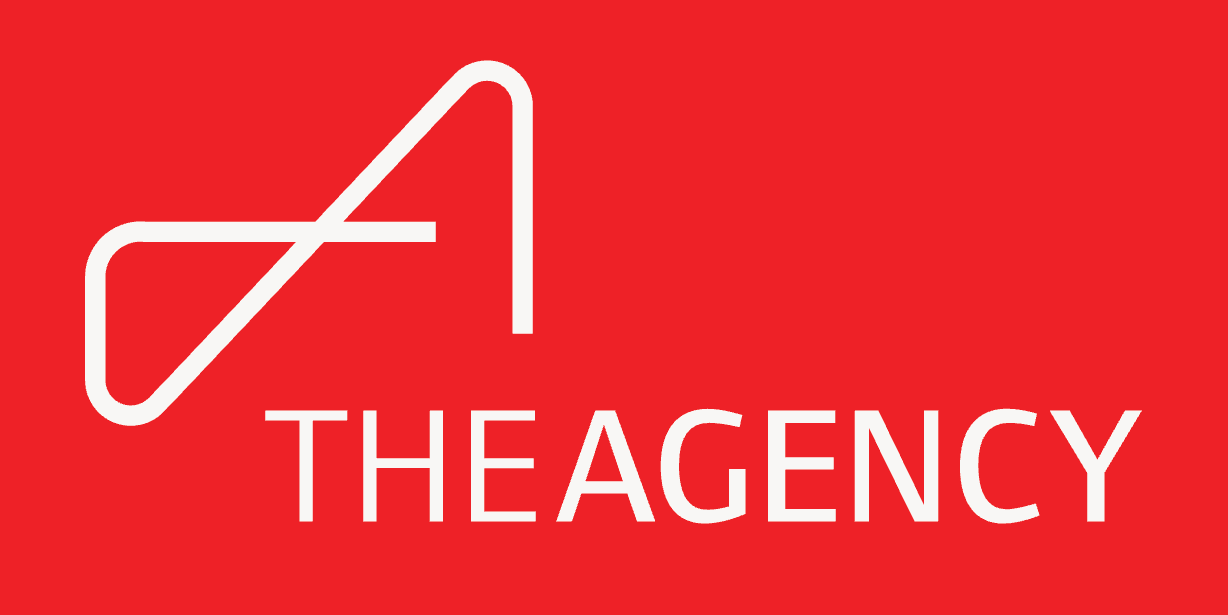Local Experts. Real Answers. Contact Me Today.
As local real estate experts, I know the area inside and out. Contact me for personalized guidance based on your goals and location.
Our experts answer your questions about buying a home
How much do I need for a deposit to buy a house?
Most lenders in 2025 still treat 10% down as the standard starting point for first-time buyers. That said, you don’t always need that much—there are widely available conventional mortgage options that allow you to buy with as little as 3% down.
Programs like Fannie Mae’s Conventional 97, HomeReady, and Freddie Mac’s Home Possible or HomeOne all let qualified buyers purchase a primary residence with just a 3% deposit. These programs typically require a solid credit score, manageable debt levels, and in some cases a first-time buyer status or income limits.
Here’s a quick breakdown:
• 3% down: Available through conventional programs for eligible buyers, usually with PMI (private mortgage insurance).
• 5% down: A common entry point with more lenders and slightly more flexible requirements.
• 10% down: Widely accepted, often with better rates than lower deposits.
• 15–20%+ down: Unlocks the best rates and removes PMI.
So, while 10% remains the “sweet spot” for many, if you qualify, a conventional 3% down mortgage can get you into a home sooner with less cash upfront.
How long does it take to buy a house?
The timeline to buying a home can vary. Aside from the time it takes to find a home you love, it normally takes 6 to 12 weeks to buy it. In some cases, it can take up to six months.
The conveyancing part alone can take up to three months. But there are things you can do to speed up the process.
What is the process for buying a house?
Start by figuring out how much home you can afford with a mortgage calculator. Factor in your monthly budget, property taxes, homeowners insurance, and see if there’s room to boost your credit score before you apply—stronger credit can mean better rates.
Next comes the fun part: house hunting. Use online search tools to narrow your options, whether you’re after a starter home, a townhouse, or a fixer-upper. Keep a checklist handy so you don’t overlook important details when touring homes.
Once you’ve found a place you love, your agent will help you write an offer and guide you through negotiations. From there, a real estate attorney or title company steps in to handle the paperwork and closing process, making sure everything’s in order before you get the keys.
What credit score is needed to buy a house?
A healthy credit score can get you a better mortgage deal, as it shows lenders you’re reliable at repaying money.
The three credit bureaus have different point systems – but the higher the number, the better.

